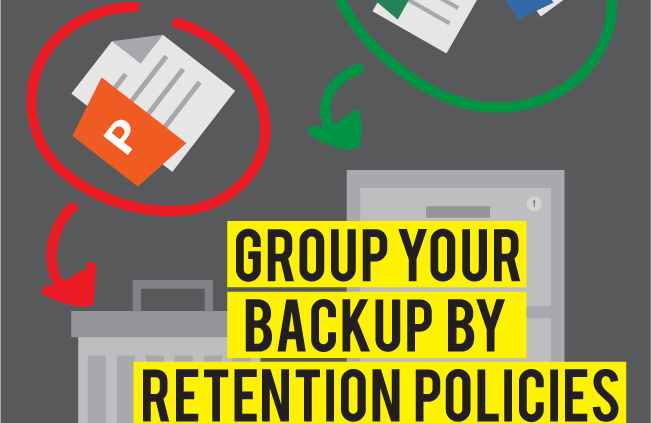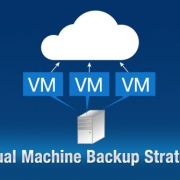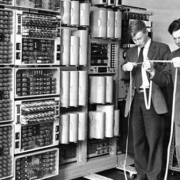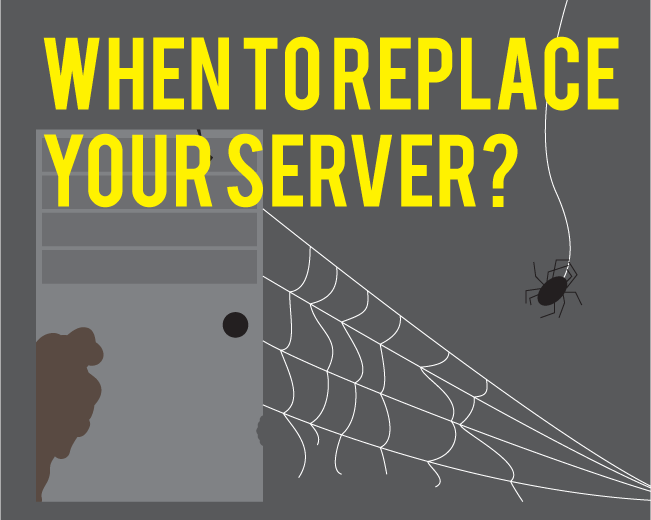Categories of Data and Retention Policies
It is the need of every business to sort out valuable data and dispose of unnecessary files and folders on regular basis. When companies overlook such tasks, all data is saved whether it is useful or not. To keep data storage cost within budget, companies need to delete and organize data on priority basis.
Categories of Data
Mission-Critical Data
Mission-critical type of data is impossible to recreate again. Such type of data is the backbone of business, and you will not be able to operate your business without it. Legal agreements, contacts, IP, credit card info and tax documents are included in this category. Companies need to make backup of such data in the cloud, as well as in local drives. Save this crucial data in quality hardware and do not overlook data encryption.
Necessary Data
Such type of data is necessary for business, but can be recreated when required. It can be your report or email thread. It is important to store necessary data on specific places where backup option is available. Employees should be familiar with backup concept. For example, your company does not keep back-up of all data. It is expected from workers to save important files on drive with backup option. When hard drive fails, it becomes difficult to find data as employees do not know exact location for saving particular files. Make certain all workers are following the standards.
Infrequently Accessed Data
For companies, there are several documents that are necessary to store for few years. As these documents are infrequently required, they can be stored in cloud archives. There must be local copies of such data. It is not good to keep data in one place. Companies get benefit by storing infrequently accessed data in cheaper cloud archive storage options.
May be Valuable Data
Before data is stored away, companies need to organize their data according to its use and value. Some legacy documents and old statistics that are no longer in use. If you have not used such data within last six months, and will no longer use it in the upcoming year, it is possible that such data may or may not be useful for you. Confirm and dispose such data.
Worthless Data
It is often noticed that useless data for some users is valuable or “may-be-useful” for others. Therefore, figure out what is important and what is useless. Discard setup files for old programs, temporary files, old notes, joke videos and old newsletters.
Storage Policies
When a single place is used to store information by many employees, it is common to get junk files. Managing data on server becomes difficult when multiple workers are allowed to save information. In order to reduce data storage, inform employees about type of data they can store. It is recommended to remove all initial drafts when final is designed. In order to help employees, develop some policies for data deletion and storage.
Before making a decision about data storage, ask some questions to know the type of data.
- Do you require these files in the future?
- How long does this data should be stored?
Admin, MSPs and end users get many benefits by keeping the storage space free from unnecessary files.









Leave a Reply
Want to join the discussion?Feel free to contribute!